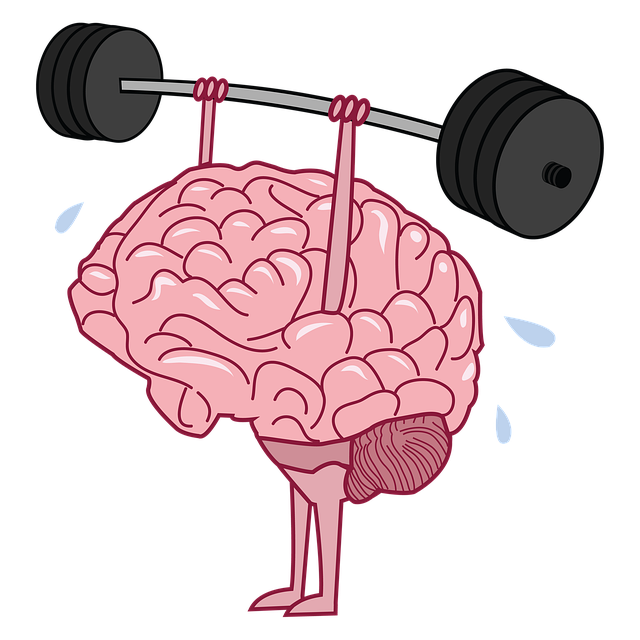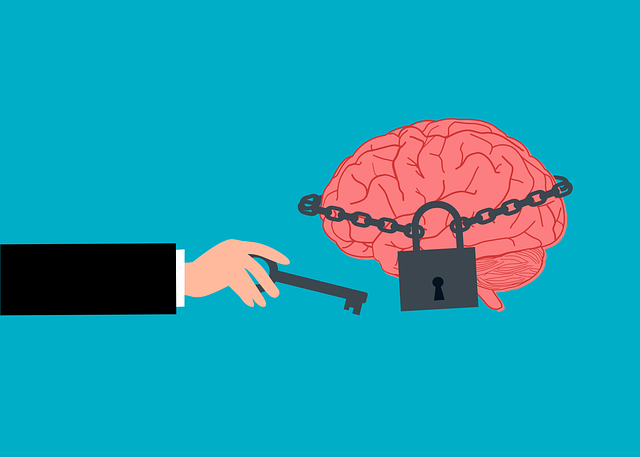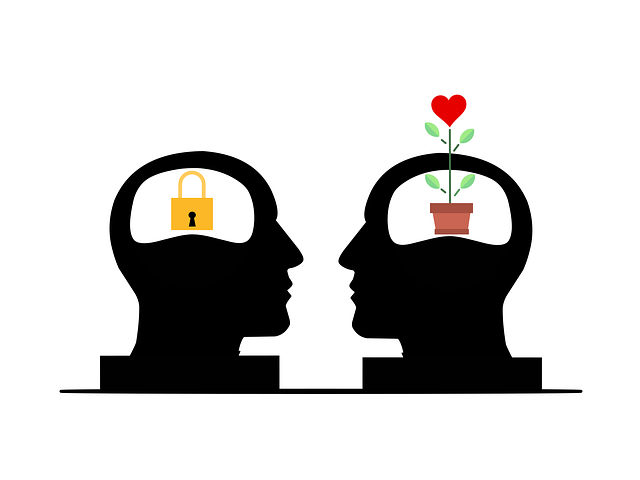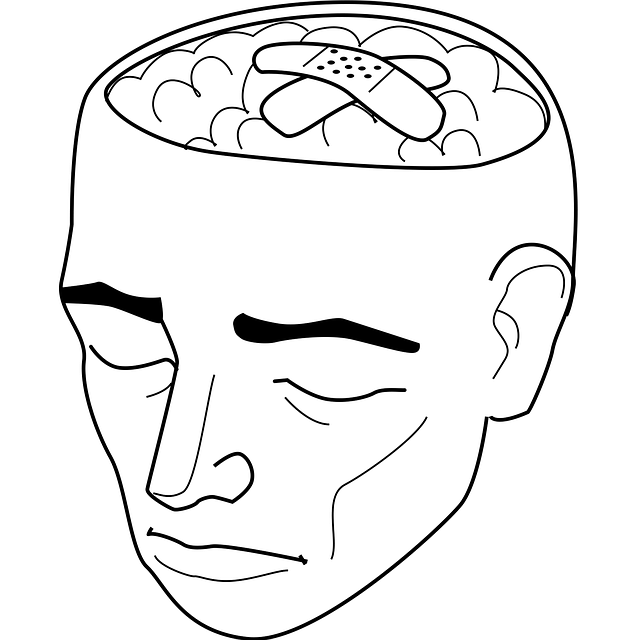Lone Tree Anger Management Therapy provides evidence-based solutions for managing anger and trauma, enhancing emotional intelligence through CBT, cultural competency training, mindfulness meditation, and cognitive reframing. Their structured program, including keeping a Mental Wellness Journal and community outreach, fosters personal growth, improves mental health, and contributes to a healthier community.
Coping skills development is an essential aspect of mental well-being, enabling individuals to navigate life’s challenges with resilience. This article explores effective strategies to enhance coping abilities, focusing on the transformative power of Lone Tree Anger Management Therapy. We’ll delve into understanding coping skills, their significance in emotional regulation, and practical techniques for managing stress. By identifying personal triggers and learning adaptive responses, readers can foster a healthier relationship with their emotions, leading to improved overall well-being.
- Understanding Coping Skills and Their Significance
- The Role of Lone Tree Anger Management Therapy in Developing Effective Coping Strategies
- Identifying Personal Triggers and Emotional Responses
- Practical Techniques for Enhancing Coping Abilities
Understanding Coping Skills and Their Significance

Coping skills are essential tools for navigating life’s challenges and maintaining mental well-being. They empower individuals to effectively manage stress, regulate emotions, and overcome difficult situations. Understanding these skills is crucial in various contexts, including Lone Tree Anger Management Therapy, where helping individuals control anger and aggressive impulses forms the core of treatment. By developing coping strategies, clients can transform their reactions from destructive to constructive, fostering healthier relationships and improved overall mental health.
The significance of coping skills extends beyond therapy settings, particularly when addressing trauma-related issues. Services like Trauma Support provide a safe space for individuals to develop emotional intelligence—a key component in understanding and managing one’s emotions. Healthcare providers play a vital role in promoting cultural competency training, ensuring they can offer tailored support to diverse populations. This inclusive approach recognizes that effective coping strategies must consider individual differences and cultural backgrounds.
The Role of Lone Tree Anger Management Therapy in Developing Effective Coping Strategies

Lone Tree Anger Management Therapy plays a pivotal role in equipping individuals with effective coping strategies. Through structured sessions, participants learn to identify and manage anger, transforming it from a destructive force into a constructive catalyst for change. This therapy delves into the root causes of anger, fostering a deeper understanding that is crucial for developing personalized coping mechanisms. By integrating techniques from evidence-based practices, such as cognitive behavioral therapy (CBT), individuals gain valuable insights into their emotional responses and learn positive thinking strategies.
Beyond addressing anger, Lone Tree Anger Management Therapy aligns with broader Mental Health Policy Analysis and Advocacy efforts by promoting mental wellness. The positive impacts extend beyond the individual to contribute to a thriving community. Incorporating these coping skills not only enhances overall mental health but also encourages individuals to actively participate in Mental Wellness Podcast Series Production, sharing their stories and contributing to a culture of open dialogue around emotional well-being.
Identifying Personal Triggers and Emotional Responses

Identifying personal triggers is a crucial step in managing anger and enhancing overall mental wellness. Lone Tree Anger Management Therapy emphasizes the importance of self-awareness, encouraging individuals to recognize patterns and cues that set off emotional responses. By understanding specific situations or interactions that trigger feelings of anger, one can begin to develop effective coping mechanisms. This process involves reflecting on past experiences and identifying recurring themes, such as certain behaviors from others or particular environments, which lead to heightened emotions.
Through Mental Wellness Coaching Programs Development, individuals learn to associate their emotional responses with these triggers, enabling them to proactively manage anger. The process includes keeping a Mental Wellness Journaling Exercise Guidance, where one records instances of trigger activation and the subsequent emotional reactions. This practice allows for a deeper understanding of personal coping needs, fostering self-regulation and resilience in various situations.
Practical Techniques for Enhancing Coping Abilities

In the journey towards enhancing coping abilities, practical techniques play a pivotal role in empowering individuals to navigate life’s challenges effectively. One such powerful tool is mindfulness meditation, which helps in grounding the mind and cultivating present-moment awareness. This ancient practice enables folks to observe their thoughts and emotions without judgment, fostering a sense of calm amidst turmoil. Additionally, cognitive reframing, a technique often explored through Lone Tree Anger Management Therapy, encourages individuals to challenge negative thought patterns and replace them with more positive, balanced perspectives.
Community Outreach Program Implementation can amplify these coping skills by providing support networks and promoting peer-to-peer learning. The Mental Health Policy Analysis and Advocacy plays a crucial role in ensuring that accessible resources and services are tailored to meet the diverse needs of individuals. By integrating Mind Over Matter principles, which emphasize the power of positive thinking and self-belief, one can build resilience and develop effective coping strategies for stress, anxiety, and anger management.
Coping skills development is a transformative process that empowers individuals to navigate life’s challenges with resilience. By integrating techniques like those offered by Lone Tree Anger Management Therapy, one can effectively manage emotions, prevent impulsive reactions, and foster healthier responses. This comprehensive approach, combined with understanding personal triggers and adopting practical coping strategies, enables individuals to enhance their emotional well-being and lead more fulfilling lives.














